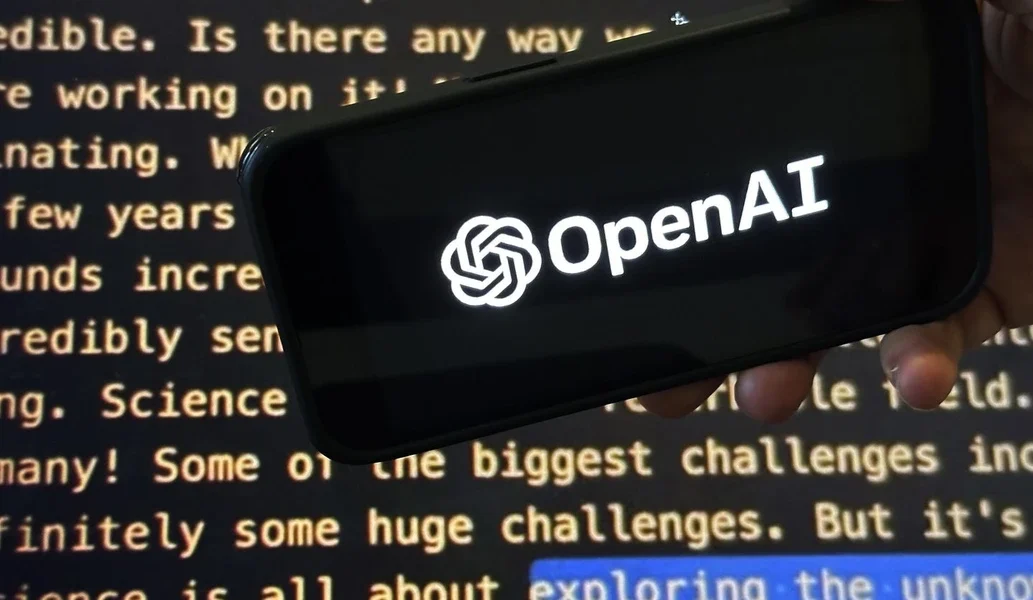The Hype Surrounding AI
AI has been quietly shaping our lives for years, but 2023 marked a transformative moment as public interest surged exponentially. It took just 5 days for ChatGPT to reach a million users, and by February it counted 100 million users that month.
This surge in AI usage also brought forth a hype machine that outpaced current capabilities, with companies and individuals rushing to leverage AI‘s potential. The European Union has already reached an agreement on new draft regulations on AI, emphasizing transparency and responsibility.
AI‘s Application in Various Sectors
Artificial intelligence is no longer confined to science fiction; it has permeated diverse fields, from e-commerce and education to national security and space exploration. The technology is being used to predict customer needs, identify at-risk students, and even locate landmines.
Additionally, the federal government and nondefense agencies have reported over 1,200 AI projects in progress or planned, reflecting the widespread adoption of AI toolsets. However, it’s essential to note that current AI tools available to the public are considered relatively clunky by experts.
The Evolution of AI
The sensational adoption and application of AI have marked an “adoption phase,” akin to the early 1990s’ internet boom. With technology giants working on multimodal AI, which combines text, images, audio, and video, new possibilities are emerging, pushing the boundaries of AI‘s potential.
Furthermore, while hyped as a breakthrough, AI is still predominantly a series of algorithms shaped around data, aiming to achieve specific tasks. The technology remains under the control of its users, and its true transformative capabilities are yet to be fully realized.
Challenges and Controversies Surrounding AI
Despite its vast potential, AI‘s rapid integration into society has raised concerns about its ethical and societal implications. Reports of AI fabricating information, displaying biases, and even bypassing human constraints have underscored the need to harness AI responsibly and ethically.
The proliferation of misinformation and instances of AI “stealing” intellectual property have prompted critical debates about regulation and user accountability. Additionally, the potential for AI to replace human jobs raises questions about societal impact and economic stability.
AI‘s Future Impact
While the current capabilities and controversies surrounding AI are capturing public attention, it is essential to acknowledge that the technology is still in its infancy. The realization of truly transformative AI that reshapes the world on par with the Industrial Revolution or the onset of the atomic era may still be decades away.
Nevertheless, as AI continues to evolve, its potential to revolutionize fields such as medicine, education, and industry remains a tantalizing prospect. However, achieving this potential requires a balanced approach that mitigates risks and maximizes benefits with responsible, ethical use.
Conclusion
The sudden surge in AI‘s popularity has propelled the technology into the public eye, sparking both excitement and apprehension. As society grapples with the promises and perils of AI, a responsible and measured approach is crucial to harness AI‘s potential for the benefit of humanity. Ultimately, the real challenge lies in steering the AI revolution towards a future that balances innovation with ethical considerations.
Source: washingtontimes








No Comments